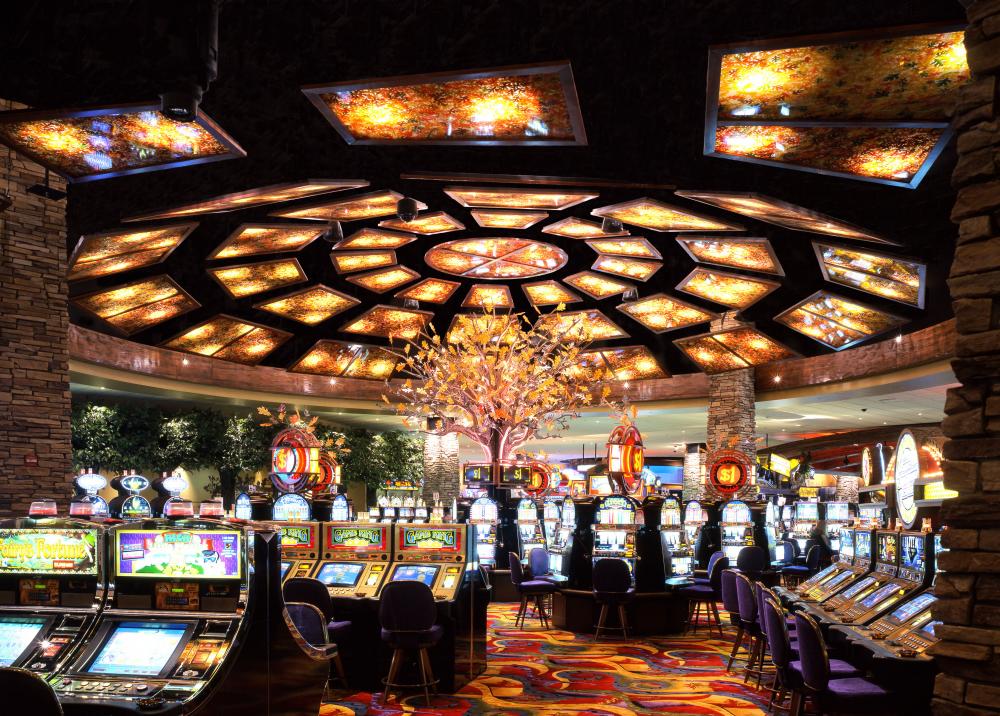Gambling Games and Their Impact in Pop Culture
Casino games have long captured the interest of people around the globe, becoming an important part of both entertainment and tradition. From the glimmering lights of Las Vegas to the immersive experience of virtual casinos, these games evoke excitement, uncertainty, and sometimes even a sense of sentimentality. They are more than simply pastimes; they have woven themselves into the tapestry of human experience, influencing various aspects from movies and songs to clothing and literature.
The allure of casino games surpasses the betting aspect, tapping into broader themes of fortune, chance, and social interaction. As players convene around a poker table or turn the roulette wheel, they engage in an ancient ritual that echoes with our collective desire for thrill and uncertainty. This fascination has led to the rise of many references in films, music, and electronic games, showcasing how intensely entrenched these activities are in pop culture. Whether it is the pressure of a legendary robbery film or the lively nightlife portrayed in music videos, casino games have established a substantial niche that reflects our connection with risk and reward.
Cultural Significance of Gambling Activities
Casino activities have played a pivotal role in social contexts throughout the ages. Originating from ancient societies, games of chance were often connected to ceremonies or gatherings. For instance, early forms of gambling can be linked back to historic Chinese and the Roman Empire, where dice games and wagering on outcomes were popular pastimes. These activities not only functioned as entertainment but also as methods of connecting people, facilitating connections among individuals within societies.
As cultures evolved, so did the complexity and organization of casino games. The establishment of official casinos in the 17th century, particularly in Italy, marked a notable shift in how games were perceived and structured. With specific spaces for gambling, the casino became a community center where people from different backgrounds convened. This change contributed to the legitimization of the industry, transforming it from a mere pastime into an established industry that shaped the economy and regulations.
The impact of casino games on mainstream culture cannot be overlooked. As they were brought into the limelight in literature and movies, games such as poker and blackjack became icons of risk, luck, and strategy. Famous figures and stories have developed around these activities, illustrating societal views towards fortune, prosperity, and immorality. This interest with gambling activities has permeated various forms of entertainment, cementing their status in the collective consciousness and linking them to wider cultural narratives throughout the ages.
Depiction of Casino Games in Media
Casino games have long been a popular topic in various forms of media, reflecting both the thrill and intricacies of the world of gambling. Films such as Ocean's 11 and Casino Royal portray characters who navigate dangerous scenarios, showcasing not only the attractiveness of the casino atmosphere but also the methods and decisions that come with playing popular games like poker and blackjack. These films often dramatize the thrill of winning and the potential consequences of losing, encapsulating the dangers involved in betting.
TV programs have also explored the realm of casino games, often integrating them into the narrative as a backdrop for character development and conflict. Series like Vegas depict the experiences of gambling employees and customers, highlighting the vibrant, often tumultuous energy of the casino floor. Reality shows featuring high-stakes gambling competitions further emphasize the fascination of gambling activities, drawing viewers into the drama and tactics involved in each session. Through these representations, media not only engages but also prompts conversations about fortune, expertise, and the character of randomness.
Gaming have increasingly incorporated casino games into their structure, allowing players to recreate the thrill of gambling without financial exposure. Games within the realm of online gaming often include virtual slots, online poker, and other popular casino games, creating an interactive experience that mirrors traditional gambling. These virtual portrayals make casino games accessible to a broad demographic, appealing to both gamblers and those who enjoy the rush of simulation. As a outcome, the representation of gambling activities in entertainment continues to shape cultural attitudes and cultural significance, highlighting their function in entertainment and social context.
Impact of Casino Games on Society

Casino games have a meaningful effect on society, affecting multiple facets of societal norms and interpersonal behavior. They often serve as a platform for social interaction, where people gather to enjoy a shared experience. Game nights with friends or trips to casinos become group events that build connections and create memories. This communal aspect enhances the fun value of casino games, making them a favored choice for festivities and leisure activities.
Moreover, casino games have been depicted in numerous movies, TV series, and written works, influencing views and opinions towards gambling and gaming. Icons like James Bond competing in baccarat or the high-stakes poker scenes in films have embedded these games in the collective imagination. This depiction often idealizes the culture associated with casino activities, drawing in new players and impacting trends in both style and conduct. These representations can spark curiosity and lead to a deeper exploration of the nuances of gaming. gamedoithuong
However, there are also adverse consequences linked to the widespread appeal of gambling activities. The allure of quick monetary gain can lead to problem gambling and financial troubles for some people. Society must contend with these consequences, advocating for responsible gambling and awareness of the risks involved. Finding a balance between the fun aspect of gambling activities with the potential for harm is crucial to ensure that they remain a beneficial aspect of our cultural landscape.
